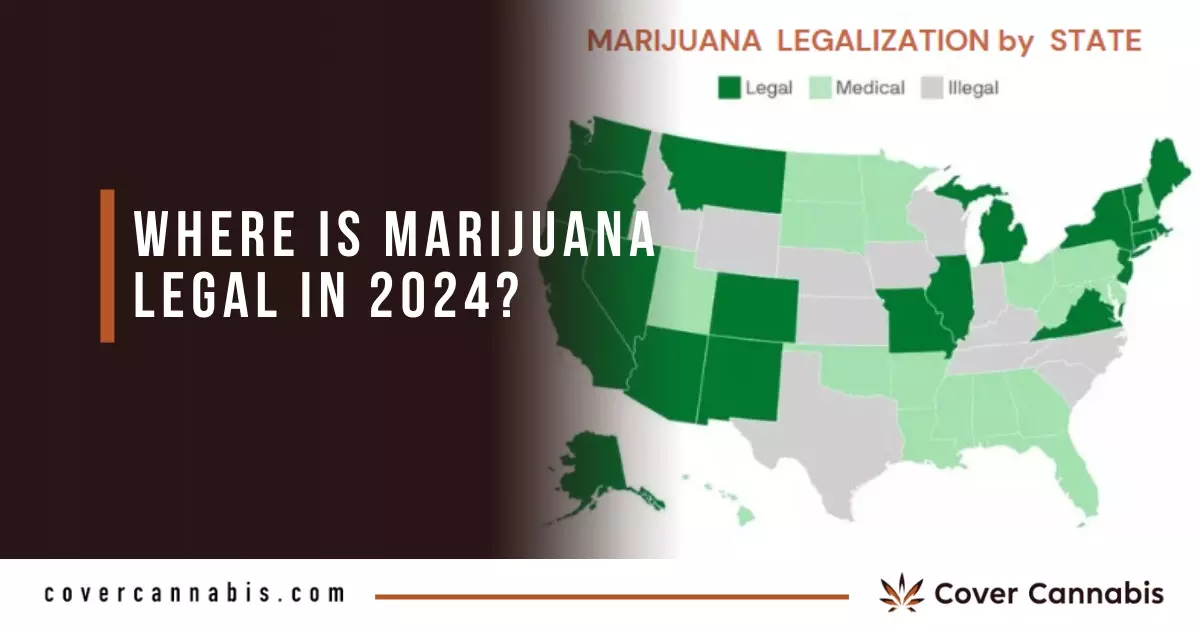Introduction:
The landscape of cannabis legality in the United States is complex and continually evolving. Despite the growing acceptance and legalization of cannabis at the state level, the plant remains classified as a Schedule I controlled substance under federal law. In Cambridge and across the country, dispensaries play a crucial role in navigating the intricacies of cannabis legality and ensuring compliance with federal regulations. This article provides an overview of US federal regulations surrounding cannabis and explores how dispensaries in Cambridge operate within this framework.
Understanding Federal Cannabis Regulations:
Under the Controlled Substances Act (CSA) of 1970, cannabis is classified as a Schedule I controlled substance, alongside drugs like heroin and LSD. This classification means that cannabis is considered to have a high potential for abuse and no accepted medical use, according to federal law. As a result, the production, distribution, and possession of cannabis are illegal under federal law, regardless of state legalization.
Despite federal prohibition, many states have enacted their own laws to legalize cannabis for medical and/or recreational use. These state-level regulations vary widely, with some states allowing for the cultivation, sale, and consumption of cannabis within certain parameters, while others maintain strict prohibitions or only permit limited medical use.
The Cole Memo:
In 2013, then-Deputy Attorney General James M. Cole issued a memorandum known as the “Cole Memo,” which provided guidance to federal prosecutors regarding cannabis enforcement in states that had legalized the plant. The memo outlined certain priorities for federal enforcement, such as preventing the distribution of cannabis to minors and preventing revenue from cannabis sales from going to criminal enterprises.
While the Cole Memo provided some degree of protection for state-legal cannabis businesses, it was rescinded by then-Attorney General Jeff Sessions in 2018, leaving the enforcement of federal cannabis laws largely at the discretion of individual prosecutors. This change created uncertainty for cannabis businesses operating in states with legal cannabis markets, including dispensaries in Cambridge.
The Rohrabacher–Farr Amendment:
In response to the federal crackdown on state-legal cannabis businesses, Congress passed the Rohrabacher–Farr amendment, now known as the Rohrabacher–Blumenauer amendment, in 2014. This amendment prohibits the Department of Justice from using federal funds to interfere with the implementation of state medical cannabis laws.
While the Rohrabacher–Blumenauer amendment provides some protection for medical cannabis businesses operating in states with legal medical cannabis programs, it does not provide the same level of protection for recreational cannabis businesses. This leaves dispensaries in states like Massachusetts, including those in Cambridge, vulnerable to federal enforcement actions.
Dispensaries in Cambridge: Navigating Federal Regulations
Despite the federal prohibition on cannabis, dispensaries in Cambridge operate within the confines of state law and regulations. Massachusetts legalized medical cannabis in 2012 through a voter-approved ballot initiative, followed by the legalization of recreational cannabis in 2016.
Dispensaries in Cambridge are licensed and regulated by the Massachusetts Cannabis Control Commission (CCC), which oversees the state’s medical and recreational cannabis programs. To operate legally, dispensaries must comply with strict regulations regarding licensing, security, testing, labeling, and packaging.
In addition to state regulations, dispensaries in Cambridge must also adhere to federal guidelines to mitigate the risk of federal enforcement actions. This includes strict compliance with tax laws, banking regulations, and other federal requirements that apply to all businesses, regardless of their involvement in the cannabis industry.
The Future of Federal Cannabis Legalization:
While cannabis remains illegal at the federal level, there is growing momentum for federal cannabis reform. In recent years, several bills have been introduced in Congress to legalize or decriminalize cannabis, remove it from the list of controlled substances, and provide protections for state-legal cannabis businesses.
The MORE Act, which passed the House of Representatives in 2020 but did not advance in the Senate, would remove cannabis from the list of controlled substances and expunge prior cannabis convictions. President Joe Biden has expressed support for decriminalizing cannabis at the federal level and allowing states to set their own cannabis policies.
Conclusion:
Cannabis legality in the United States is a complex and evolving issue, with stark disparities between federal and state regulations. Despite federal prohibition, many states, including Massachusetts, have legalized cannabis for medical and/or recreational use, creating a patchwork of conflicting laws and regulations.
Dispensaries in Cambridge operate within the confines of state law and regulations, while also navigating the risks and uncertainties posed by federal prohibition. As the push for federal cannabis reform continues, dispensaries play a vital role in advocating for sensible cannabis policies and providing safe access to cannabis for patients and consumers in Cambridge and beyond.




